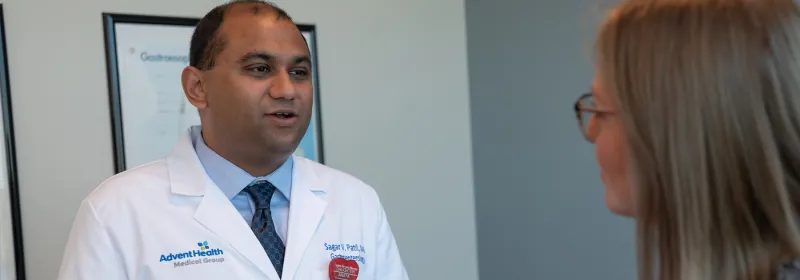
Fecal Incontinence Is More Common Than You Think, But You Can Find the Treatment You Need at AdventHealth Digestive Institute
Fecal incontinence is the loss of bowel control. There are various degrees of fecal incontinence. According to the National Institutes of Health, up to 1 in 12 U.S. adults has this condition, including both younger and older people. While very common, fecal incontinence often has social implications. Sometimes people are too embarrassed to seek treatment. If you suffer from this condition, the doctors at the Digestive Health Institute can help you find the solution – which may not even require surgery – you need.
Our gastroenterologists and colon and rectal surgeons help patients find permanent treatments for fecal incontinence. There are many effective treatments that are nonsurgical. At AdventHealth Digestive Institute, these are tried before surgery is considered. If a patient is still not satisfied with his or her bowel control after trying treatments such as medicine, physical therapy, and lifestyle changes, a colorectal surgeon can help.
Causes of Fecal Incontinence
Anything that weakens the tissues that support the internal organs can cause fecal incontinence.
Some causes of fecal incontinence include:
- Childbirth, especially with a prolonged, vaginal delivery
- Injury or disease to the pelvic floor, anus or spinal cord
- Inflammatory bowel disease (IBD) or irritable bowel syndrome (IBS)
- Chronic diarrhea
- Diabetes
- Having had previous anal surgery
Diagnosing Fecal Incontinence
Certain tests can help doctors know what is causing bowel incontinence. Finding its underlying cause can help them arrive at an optimal treatment plan.
Exams and tests used to diagnose fecal incontinence and determine its cause include:
- Anoscopy
- Anorectal manometry
- Rectal exam
- Endoscopic ultrasound
- Nerve testing
- Colonoscopy or sigmoidoscopy
- MRI defecography
- Stool test
Fecal Incontinence Treatments
Thankfully, fecal incontinence is a condition that may be treated with multiple methods.
Nonsurgical ways to treat fecal incontinence include:
- Pelvic floor exercises
- Medications
- Bowel training
- Diet changes
If these methods are tried and the patient still does not have satisfactory bowel control, then surgery may be in order. There are several surgical options provided at AdventHealth Digestive Institute that fit patients’ needs depending on their preferences and fecal incontinence cause.
Surgical treatments for fecal incontinence include:
- Sphincteroplasty is a procedure that repairs a weakened sphincter muscle in the anal canal. The sphincter is what closes off the anus and gives people the ability to control when they will have a bowel movement.
- Surgical injections of bulking agents, including collagen or silicone, into the anus can help many patients find relief. This is especially the case when combined with diet and lifestyle changes.
- Surgery to treat prolapse or other rectal issues can relieve fecal incontinence caused by these underlying conditions.
- Sacral nerve stimulation involves the implantation of InterStim, a device that sends electrical signals to the nerves that control the anal and rectal muscles. By doing so, the muscles are strengthened, which allows them to better hold in gas and fecal matter.
- Bowel diversion procedures such as colostomy are a way to manage a patient’s condition after all other options have been exhausted. Modern ostomy appliances are odor-free and more discrete than ever before. This makes bowel diversion a good option for some patients.
Colon, Rectal and Anal Disorders
-
Colon and Rectal Cancer
Our experienced gastroenterologists can diagnose and treat colon and rectal cancer. Learn more about treatment and surgery options.
-
Anal Cancer
Our colon and rectal surgeons can help diagnose and treat anal cancer. We offer anal cancer surgery when necessary.
-
Anorectal Disorders
Surgeons at AdventHealth Digestive Institute offer advanced treatments for hemorrhoids, anal fissures, anal abscesses, anal fistulas and pilonidal disease.
-
Colon and Rectal Polyps
Colorectal surgeons and gastroenterologists at AdventHealth Digestive Institute offer advanced treatments for colon polyps, including sessile polyp and adenomatous polyp.
-
Diverticular Disease
The advanced gastroenterologists and colorectal surgeons at AdventHealth Digestive Institute help patients find cures for fecal incontinence.
-
Fecal Incontinence
The advanced gastroenterologists and colorectal surgeons at AdventHealth Digestive Institute help patients find cures for fecal incontinence.
-
Colon and Rectal Surgery
Our skilled colon and rectal surgeons provide the latest treatments for colorectal cancer, inflammatory bowel disease and other conditions that affect the colon and rectum.
-
Colonoscopy / Flexible Sigmoidoscopy
A colonoscopy or sigmoidoscopy is a way for doctors to see inside the colon and rectum to identify issues and perform biopsies.
-
High Resolution Anoscopy (HRA)
Colorectal surgeons at AdventHealth Digestive Institute are HRA providers (High Resolution Anoscopy) for anal cancer screening.
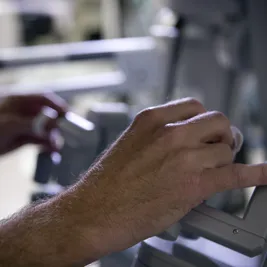
Recover Faster With Minimally Invasive and Robotic Surgery
All the surgeons at the Digestive Health Institute (DHI) have a large depth of experience in offering minimally invasive surgery.
Meet The Experts
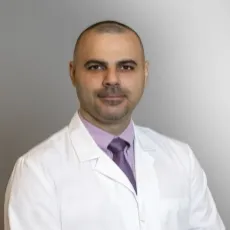
Ahmed Allawi, MD, MBChB
Colon and Rectal Surgery

Kim-Phung T Nguyen, MD
Colon and Rectal Surgery
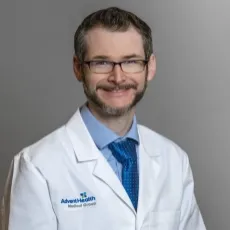
Diego Colom Steele, MD
Gastroenterology

Surgical Consultations For Digestive Cancer Without The Wait
Appointments Within Five Days for Patients with Cancer
At AdventHealth Digestive Institute, we know that after being diagnosed with cancer, patients want and often need to begin treatment quickly. So we make it a priority to offer appointments for cancer surgery consultations within five business days, and often earlier.
Patients who are newly diagnosed with cancer, or have just found out they have cancer again, qualify for this priority access. Our surgeons will make themselves available to see you right away, even for a second opinion. We want to help you start your treatment as soon as possible.
News and Info

How to Respond When a Loved One is Hesitant About the COVID-19 Vaccine
Expert answers to some commonly asked questions and concerns about getting a coronavirus vaccine.
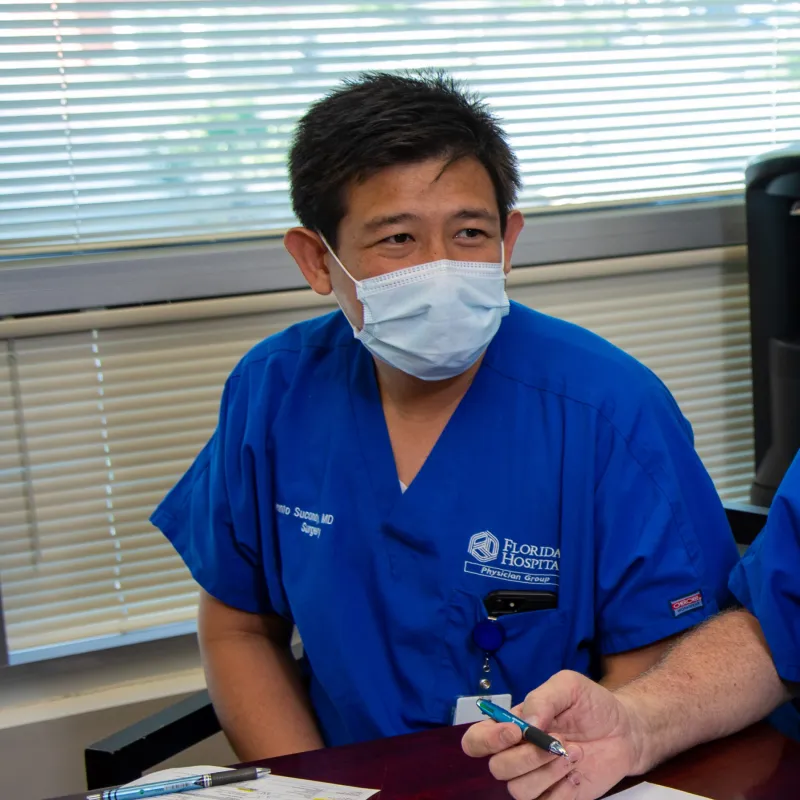
Digestive Institute Surgeon Gives Invited Talk, Multiple Presentations at International Laparoscopic Liver Society’s 3rd World Congress
To help promote minimally invasive surgery – which has many benefits for patients – and share their expertise, AdventHealth Digestive Institute (DI) surgeons such as Iswanto Sucandy, MD, FACS, advanced HPB (liver, pancreas and bile duct) surgeon, and Sharona Ross, MD, FACS, advanced HPB and foregut...
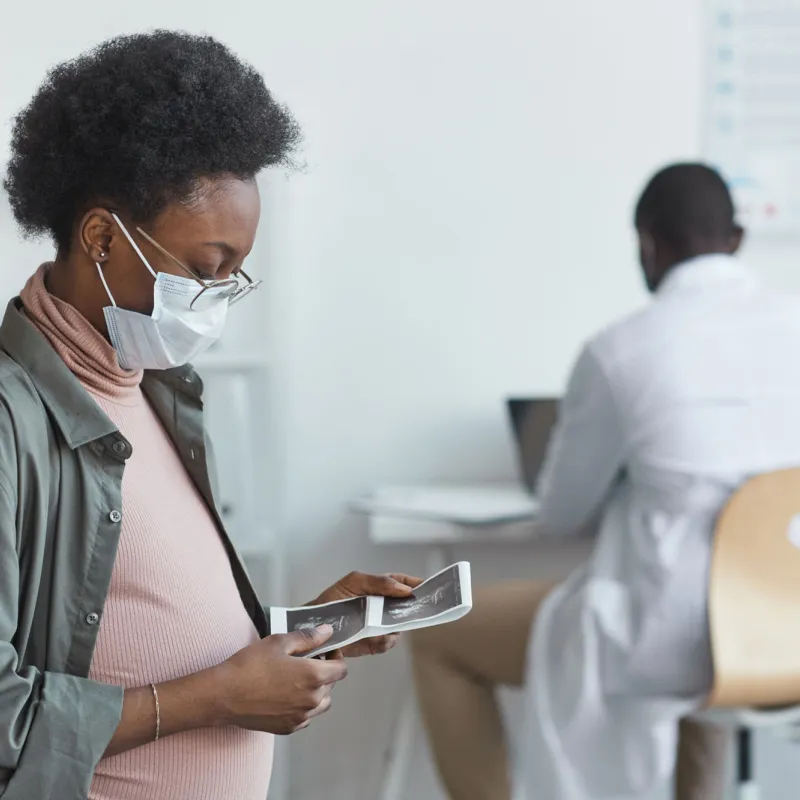
Pregnancy and the COVID-19 Vaccine
Considering starting a family soon? Read more about the COVID-19 vaccine and pregnancy from our experts.

